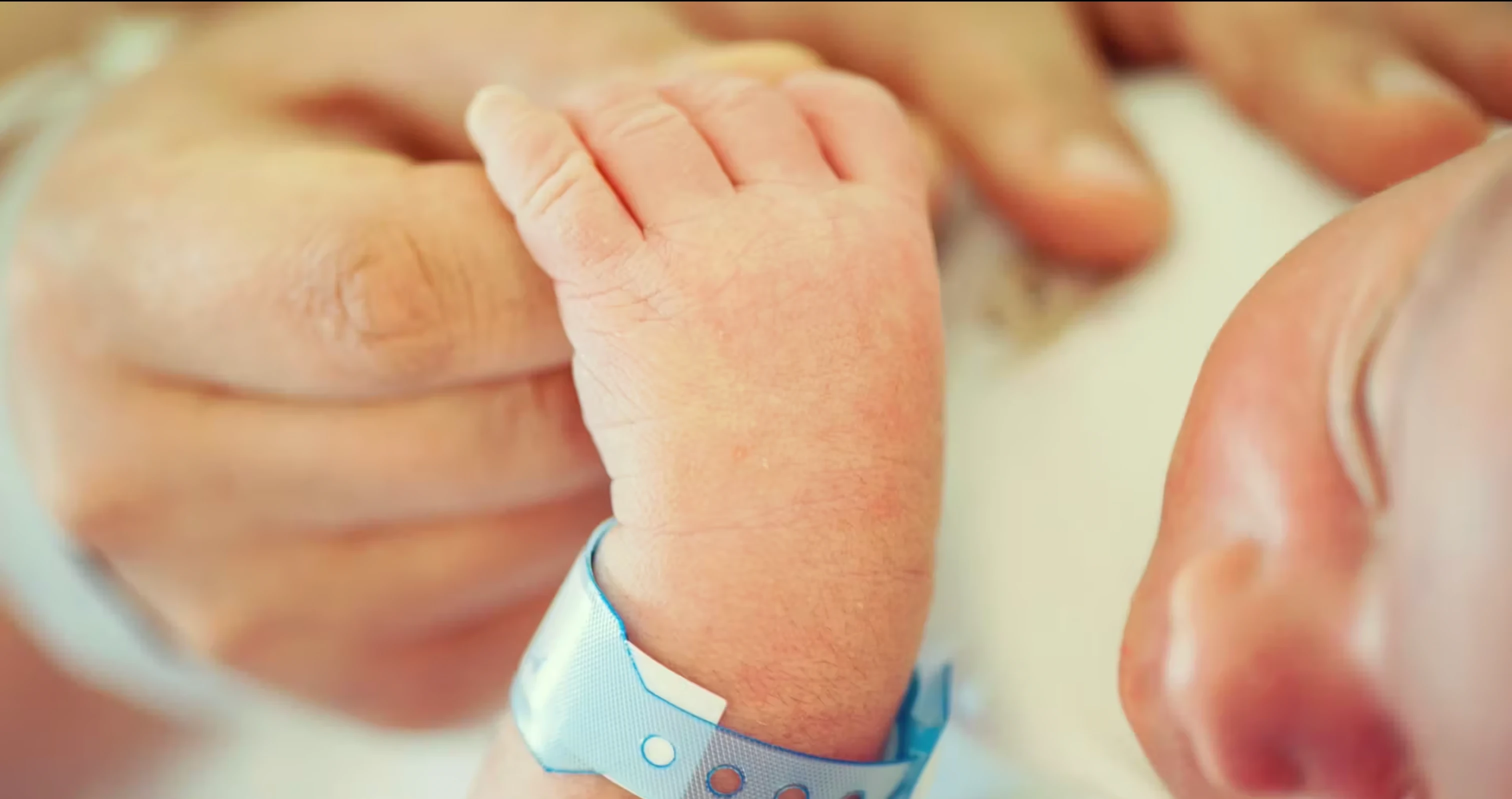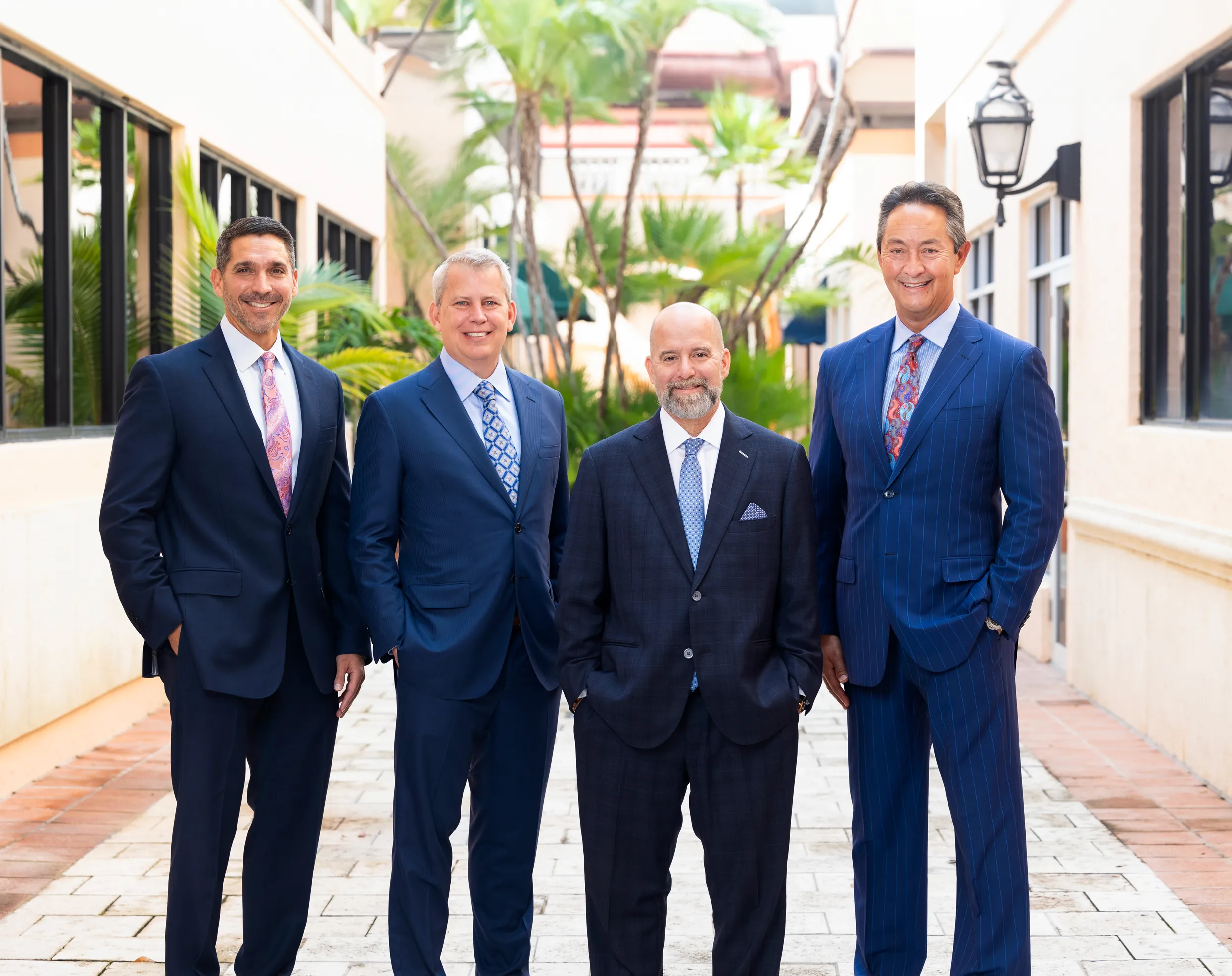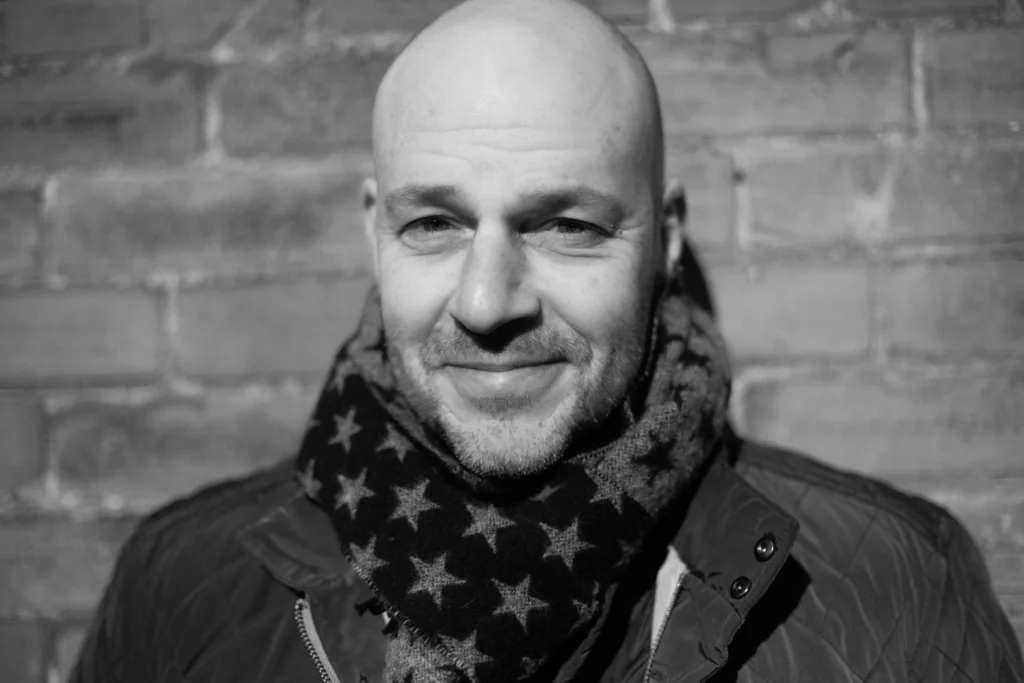Florida Birth Injury Lawyer

I’ve spent my career helping families navigate some of the most difficult moments of their lives — and few moments are more devastating than learning that your child’s birth injury could have been prevented. As a Florida birth injury lawyer based here in Florida, I’ve seen firsthand how medical negligence during labor or delivery can change the course of a child’s life and leave families emotionally and financially overwhelmed.
Conditions like cerebral palsy, Erb’s palsy, brachial plexus injuries, hypoxic-ischemic encephalopathy (HIE), and birth asphyxia often carry lifelong consequences. They may require ongoing therapy, specialized medical care, and expensive adaptive equipment. My job — and my commitment — is to fight for justice and compensation so your child’s needs are met today, tomorrow, and for years to come.
The Most Common Birth Injuries I See in My Practice
Cerebral Palsy
Cerebral palsy is a group of neurological disorders affecting movement, balance, and muscle coordination. It often happens when a baby’s brain is deprived of oxygen during delivery or experiences trauma during labor.
How medical negligence can cause CP:
- Failing to perform a timely C-section after signs of fetal distress.
- Misusing delivery instruments like forceps or vacuum extractors.
- Ignoring abnormal fetal heart rate readings.
Impact: CP can range from mild motor difficulties to profound physical and cognitive impairments. Children often need long-term physical, occupational, and speech therapy — sometimes for life.
Erb’s Palsy & Other Brachial Plexus Injuries
The brachial plexus is the network of nerves controlling movement and sensation in the shoulder, arm, and hand. Excessive force during delivery — especially in cases of shoulder dystocia — can damage these nerves.
How negligence can cause these injuries:
- Improper handling of shoulder dystocia.
- Misuse of forceps or vacuum extractors.
- Failure to perform a timely C-section when labor becomes complicated.
Impact: These injuries can cause weakness, loss of sensation, or paralysis in the arm. Some children recover with therapy; others may require surgery and still face permanent disability.
Hypoxic-Ischemic Encephalopathy (HIE)
HIE occurs when the baby’s brain doesn’t get enough oxygen and blood flow during birth. It’s one of the most serious birth injuries and can lead to lifelong neurological disabilities.
Causes include:
- Failure to monitor fetal oxygen levels.
- Delayed C-section despite fetal distress.
- Mismanagement of umbilical cord complications.
Impact: Children with HIE often face developmental delays, motor impairments, and cognitive challenges requiring long-term care.
Birth Asphyxia
Birth asphyxia is oxygen deprivation during birth, which can cause brain damage, organ failure, or death.
Common medical errors leading to asphyxia:
- Failing to act on signs of fetal distress.
- Not addressing umbilical cord issues quickly enough.
Impact: Survivors may live with cerebral palsy, HIE, or other severe conditions requiring extensive care and adaptive equipment.
Injured and Have Questions?
Call us or request a case review by our experts.

Shoulder Dystocia
When a baby’s head delivers but one or both shoulders get stuck, the wrong maneuvers or excessive force can cause fractures or nerve damage.
Impact: Some children make a full recovery; others may have lasting disabilities affecting mobility and function.
How I Build a Birth Injury Case
Proving medical malpractice in birth injury cases is complex. I work closely with top medical experts, review hospital records in detail, and build a strong case showing:
- Duty of Care – That the medical team was required to follow accepted standards.
- Breach of Duty – That they failed to meet those standards.
- Causation – That the breach directly caused your child’s injury.
- Damages – That the injury caused significant physical, emotional, and financial harm.
What You Should Do After a Suspected Birth Injury
- Seek immediate medical care for your child.
- Preserve all medical records — prenatal, delivery, and postnatal.
- Document symptoms and treatments over time.
- Call an experienced birth injury lawyer as soon as possible.
- Know the statute of limitations — in Florida, it’s typically two years, but there are exceptions.
- Explore your options for compensation to cover medical bills, therapy, long-term care, pain and suffering, and lost income.
My Promise to Families
I know how overwhelming this process feels. My role is to take on the legal burden so you can focus on caring for your child. I’ll investigate what went wrong, consult the right experts, and fight for the maximum compensation available under the law. You deserve answers — and your child deserves every resource they need to thrive.
FAQ – Florida Birth Injury Cases
Q: How do I know if my child’s injury was caused by medical negligence?
A: The signs aren’t always obvious. I review medical records and work with independent experts to determine whether your provider failed to meet the accepted standard of care.
Q: What if the injury wasn’t diagnosed right away?
A: In many cases, you can still bring a claim. Florida law has special rules for birth injuries, but the clock can still run out quickly, so it’s important to call as soon as possible.
Q: Will filing a claim hurt my relationship with the hospital or doctor?
A: This is about securing the resources your child needs — not about personal disputes. Hospitals carry insurance for these situations.
Q: How much does it cost to hire you?
A: I work on a contingency fee basis, meaning you pay nothing upfront and only if we win compensation for you.
Q: What kind of compensation is available?
A: Medical costs, therapy and rehabilitation, long-term care, lost wages, and pain and suffering are all potential categories of damages.
Contact Rafferty Domnick Cunningham & Yaffa Today
If your child has suffered a birth injury due to medical negligence, it’s important to act quickly. At Rafferty Domnick Cunningham & Yaffa, our experienced attorneys are ready to fight for your family’s rights and help secure the compensation you need to care for your child.
Contact us today for a free, no-obligation consultation. Our compassionate team will review your case, explain your legal options, and guide you through the process of seeking justice for your child’s birth injury. We are here to support you every step of the way.






